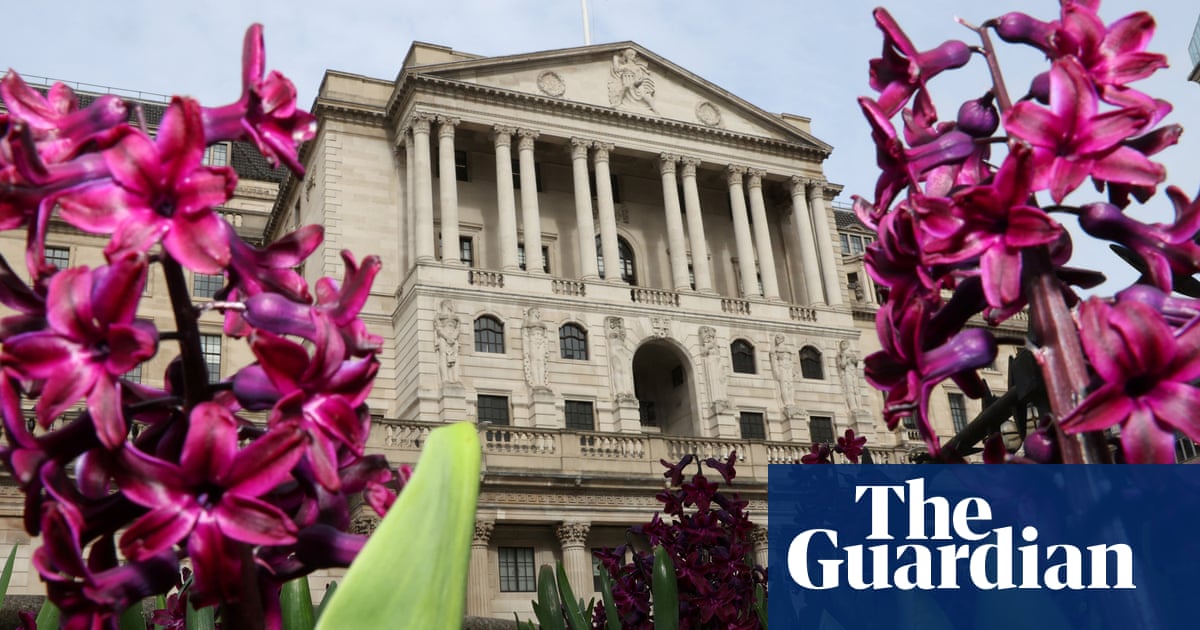
Higher US inflation could lead to a tougher than expected response from America’s central bank that would send tremors through financial markets and put vulnerable countries at risk, the International Monetary Fund has warned.
Adding to growing concerns about the sharp increase in price pressures being registered across the globe, the IMF said emerging market nations should brace themselves for muscular action from the US central bank, the Federal Reserve.
“For most of last year, investors priced in a temporary rise in inflation in the US given the unsteady economic recovery and a slow unravelling of supply bottlenecks,” the Washington-based IMF said in a blogpost.
“Now sentiment has shifted. Prices are rising at the fastest pace in almost four decades and the tight labour market has started to feed into wage increases. The new Omicron variant has raised additional concerns of supply-side pressures on inflation. The Federal Reserve referred to inflation developments as a key factor in its decision last month to accelerate the tapering of asset purchases.”
With the headline measure of inflation above 6% and at its highest level in almost four decades, financial markets believe the Fed will raise interest rates four times in 2022 and also sell bonds in a process known as quantitative tightening.
Higher US borrowing costs would normally lead to a stronger dollar, making it more expensive for emerging market countries that have borrowed heavily in the currency to service their debts. Slower US growth prompted by higher interest rates would also affect exports to the world’s biggest economy.
The IMF said it anticipated falling US inflation later in the year, but stressed the possibility that broad-based wage rises or sustained supply bottlenecks could lead to higher prices and fuel expectations for further upward pressure on the cost of living.
“Faster Fed rate increases in response could rattle financial markets and tighten financial conditions globally,” the IMF said. “These developments could come with a slowing of US demand and trade and may lead to capital outflows and currency depreciation in emerging markets.”
The prospect of higher US interest rates has led to share prices falling since the start of 2022.
Jim Reid, an analyst at Deutsche Bank, said: “To be fair the Fed were starting to catch up with reality late last year but Omicron meant that the market was reluctant to read their more hawkish move as entirely realistic, given the risks that the variant presented.
“However the holiday season provided more evidence that Omicron was notably milder, especially among the vaccinated, and the result has been that the market has looked through this more than they were willing to before Christmas while at the same time the Fed have become even more hawkish by upping the ante on quantitative tightening. So a perfect storm.”












